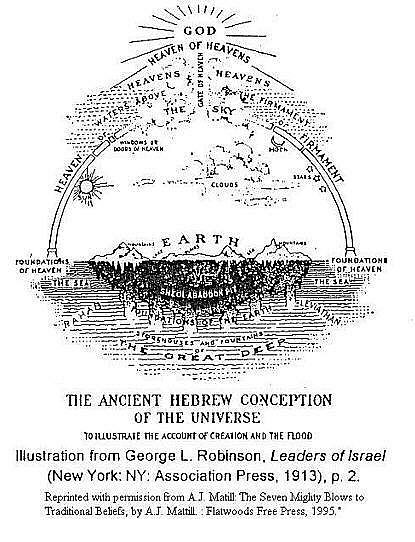
If you believe the earth rotates the sun, then you believe things that science has discovered that contradicts the bible. Do you extend your faith to a flat earth and a sun that moves across the sky?
In fact, you have changed the way you read the Bible such that you don't even think the Bible teaches that. The fact that Martin Luther thought that it did shows that it our interpretation that has changed, and not the Bible's teaching.
Science assumes naturalism because that is all it can study. It is like the old joke about a drunk looking under a streetlight for his car keys because the light is better there. Science assumes naturalism, not as a commitment to atheism, but because it won't work when the answer is "God did it."
This is where the gaps of the "God in the Gaps" theology comes from. When science can't find an answer, you can assume that we'll never figure it out, we might figure it out, or that God did it. Progress is only made in science when you assume that we might be able to fougre it out. Unexpectedly perhaps, this assumption has been so successful, there has been no reason to question it.
The big bang did happen. This is not speculation, it is based on evidence, and confirmed by experiment. The earth is not 6,000 years old - this is based on evidence, and confirmed by experiment. So it is hardly fair or accurate to say that these are two competeing views of the how we got here. A fair and balanced treatment of evolution would say that evolution is the only theory that explains the facts. Full stop.
The idea of the Big Bang is weird, no doubt. And you can believe that God did it, no doubt. But what God did not do is create the earth 6,000 years ago. What God did not do is create species from the mud, just as they are (or even mostly as they are) today. Just like a flat earth and a sun that is drug across the sky, modern discoveries give us challenges in reading the Bible. These are real challenges, but they should not be papered over by denying the age of the earth and the actions of evolution.
